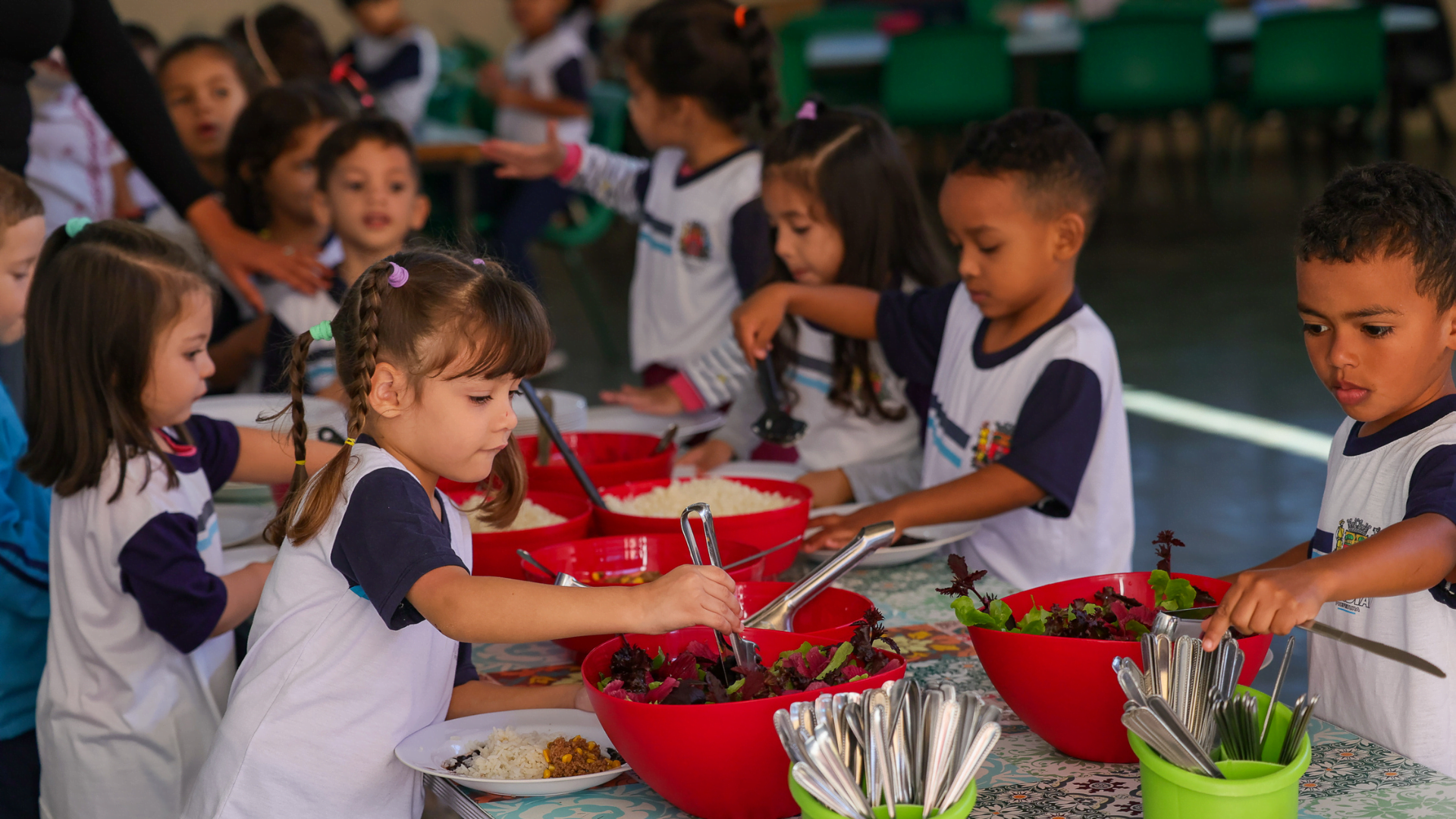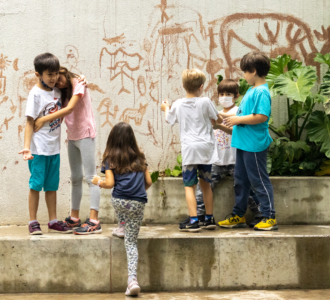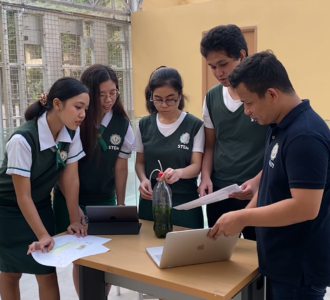We all know the health and wellbeing of students is essential to their academic success. But there are many different ways schools can go about fostering an environment in which children thrive because they are healthy, happy and supported.
Today, we’ll see how some of the trailblazing schools celebrated in last year’s World’s Best School Prize for Supporting Healthy Lives are putting the wellbeing of their students first.
We have surfaced these stories to help share their best practices with you. And remember, if you’re inspired by their amazing stories, then your school can apply for the World’s Best School Prizes and follow in their footsteps.
Focus on food
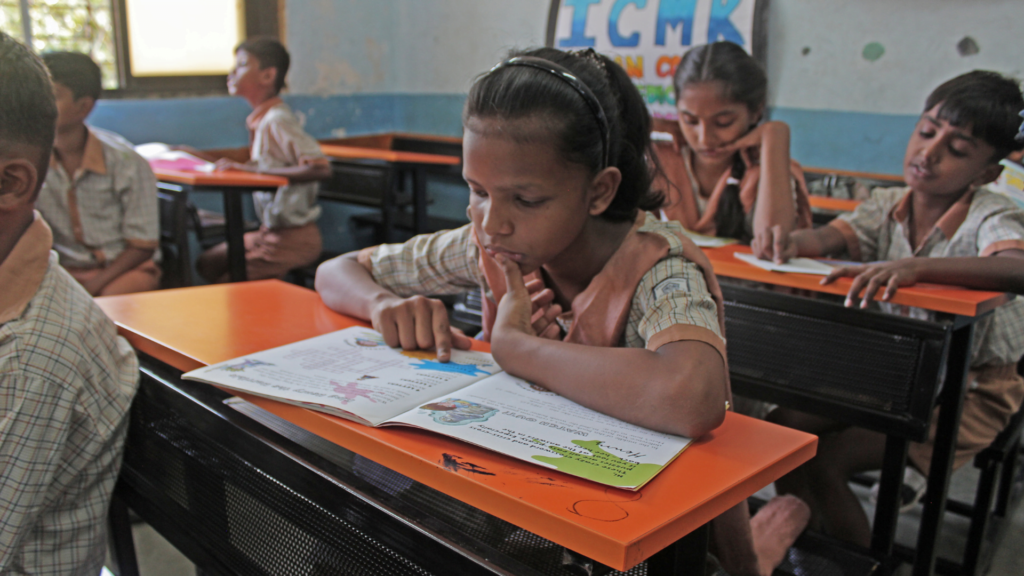
Ensuring your students have a healthy, balanced, nutritious diet is vital to their wellbeing, concentration and academic success. Just as armies don’t march on empty stomachs, kids don’t learn on them.
This is even more important in poorer communities, such as the one served by Shindewadi Mumbai Public School (The Akanshka Foundation) in India. In its 14-year history, the school’s focus has changed along with its growth, but the one constant has been the health and nutrition of its students, with a record of malnourishment in the community. The COVID-19 lockdowns in particular had a severe impact on health and nutrition, with 235 students – or roughly 50% of the student body – underweight when the school reopened, 103 of whom were severely malnourished, and only 31 students in the whole school at a healthy weight.
To address this issue, the school implemented a comprehensive programme that included awareness sessions, parent meetings, community events, nutritional monitoring of school meals, and initiatives to promote healthy food choices. One such initiative was the school’s “9 days, 9 colours, 9 recipes” event, which took place during the 9-day Navaratri festival and highlighted the importance of eating colourful and healthy food. The initiative saw 350 women take part, with several of them demonstrating and sharing low-cost, healthy recipes.
Shindewadi Mumbai Public School’s multifaceted approach also includes collaborating with the Indian Council of Medical Research for counselling and dietary suggestions for its underweight students. The school management committee monitors the nutritional value and taste of the government-provided midday meal and pushes for changes in vendors when required to improve quality. Additionally, the school requires every student to bring a healthy lunch from home, with teachers making sure that food gets eaten.
As a result of its efforts, all 103 severely undernourished students have gained at least 1.5kg and student families have become much more involved in learning about and implementing healthy eating habits.
Physical activity
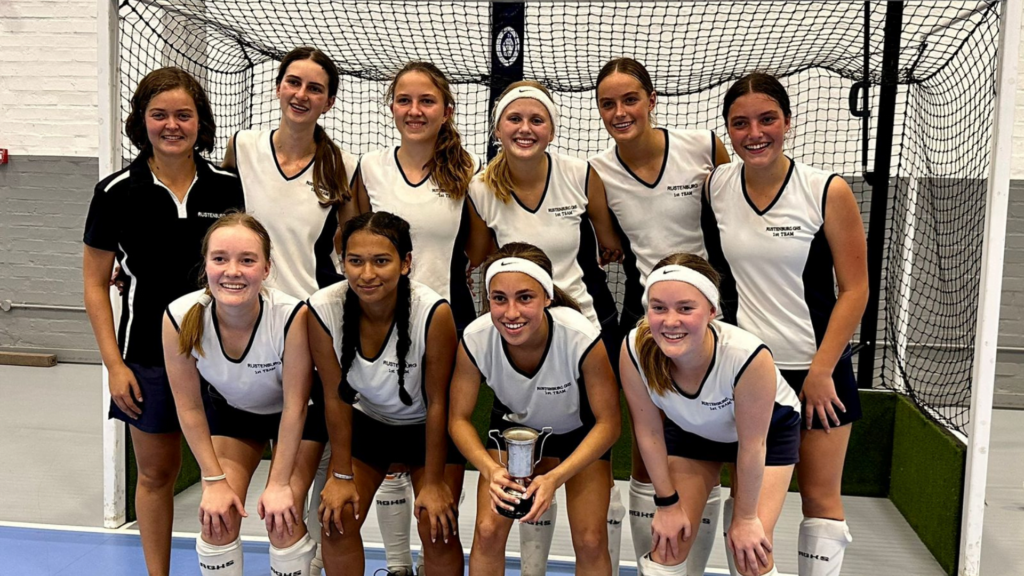
Healthy bodies and healthy minds go hand in hand. Rustenburg Girls’ High School in Cape Town, South Africa, embraces the vital role that physical and mental fitness play in a well-rounded education and has taken proactive steps to ensure its students’ holistic growth and success.
Rustenburg Girls’ High School is an unapologetically academically-driven school, but wanted to balance this focus by leveraging South Africa’s appetite for sports and being outdoors. The school recognised early on that sports teach valuable life skills, such as teamwork, goal-setting, and time-management, and while these complement academic and cultural programmes, the sports themselves provide learners with the additional benefits of physical activity, such as stress relief, improved mood, and better overall wellbeing.
For this reason, the school implemented a Sports Policy that has made sports compulsory for Grade 8 and 9 learners. The policy allows learners to choose from a wide range of sports, including both competitive and social options. The athletic instruction itself provides one structured and one unstructured sports lesson every 10 days, meaning students have both organised and creative opportunities within the programme.
In addition to contributing to its ongoing line of top-level, nationally- and internationally-recognised athletes, the impact of the school’s approach can be seen in the quality friendships, sense of belonging, and overall sense of well-being experienced by the learners.
The great outdoors
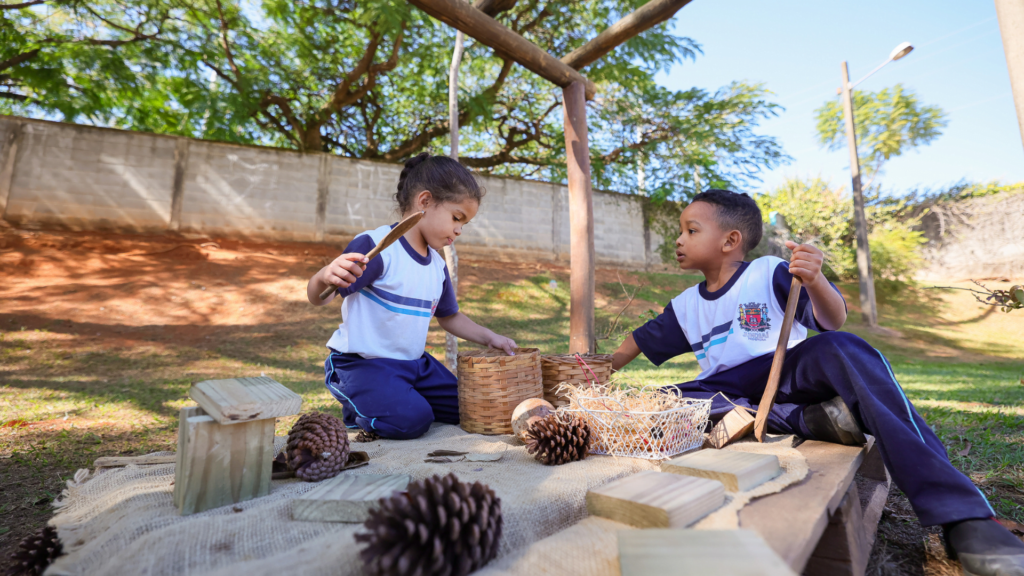
Getting outside, being among nature and letting kids get their hands dirty is so important to their wellbeing from an early age. EMEB Profª Maria Aparecida De Souza Almeida Ramos, a kindergarten school in Jundiaí, São Paulo, Brazil, is a model for how early childhood education can promote health, environmental stewardship, and community engagement.
The school manages its own vegetable garden and has developed several teaching strategies to incorporate the project. This has led to children becoming more interested in planting, harvesting, and preparing food, and families have also created organic gardens in their homes based on the school’s guidance.
To offset the number of hours children have reported being in front of screens and the limited amount of free play they have access to in natural spaces, the school also conducts regular outdoor activities, collecting elements from nature for artistic productions, building mandalas (geometric configurations of symbols) from leaves and seeds, and encouraging the children to do the same at home.
The outdoor activities in a naturalised space also teach the children to respect the various forms of life that they discover around their school, such as small animals, plants, and insects. This creates a connection with nature, where some school projects involve taking care of chickens and building an insect hotel.
The school is also focused on environmental care and sustainability, teaching children about composting, how to use water without wasting it, taking part in street cleanups to collect and properly dispose of recyclable materials, as well as the proper disposal of cooking oil, to teach them how they can minimise their impact on the environment.
Inspired?
These three schools show how helping children to eat well, be active, and learn among nature supports their health and wellbeing. If your school has a story to tell like theirs, and you think others can learn from your best practices, then apply for the World’s Best School Prizes 2024 today.
Alternatively, if you know of a school that’s making a real difference to its community and the world beyond, then you can nominate it today.
But hurry, there’s less than one month to go. Applications and nominations close on February 23.
